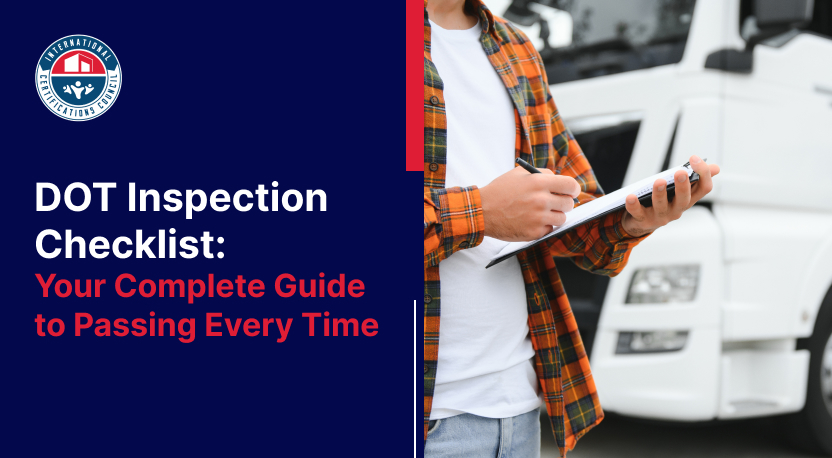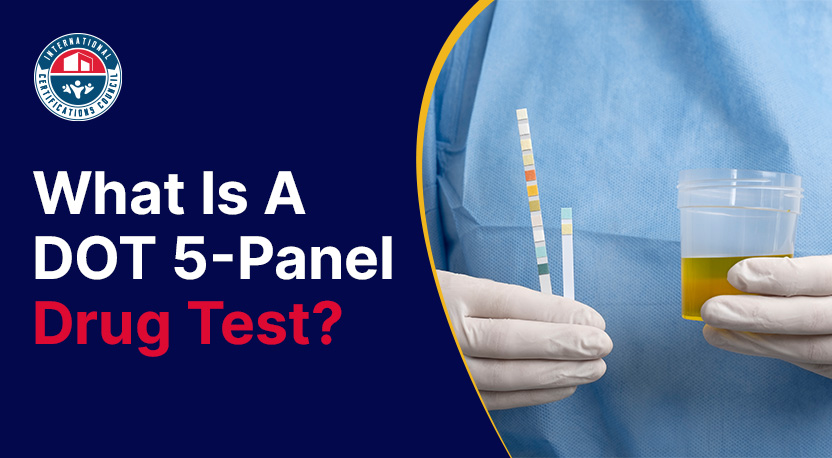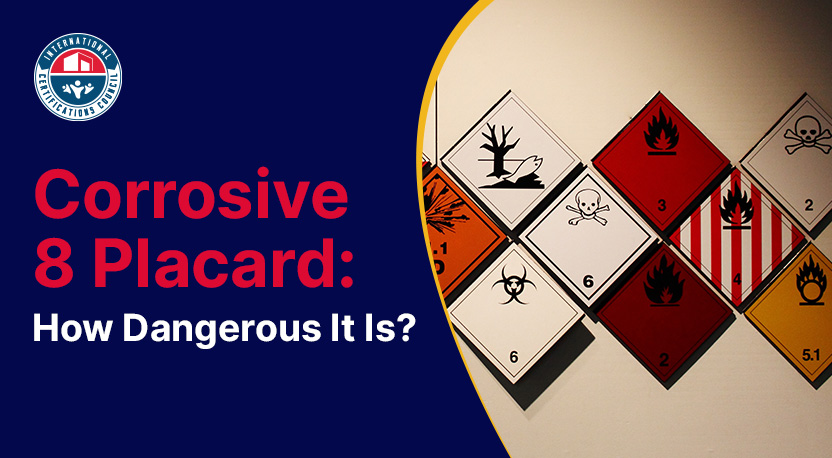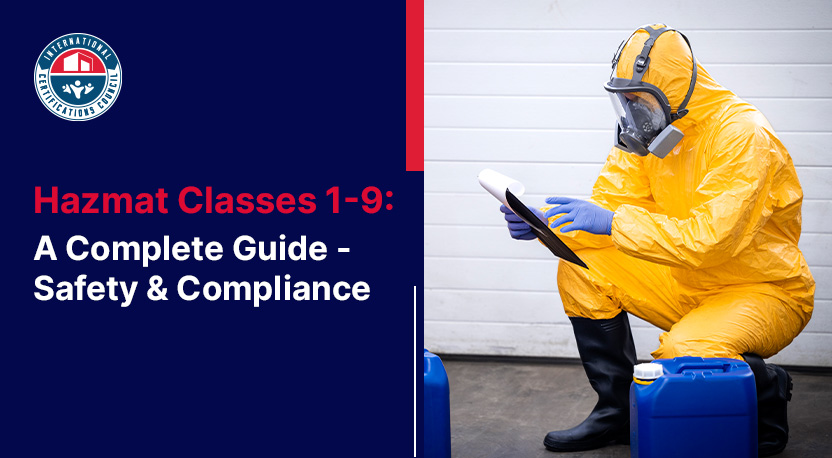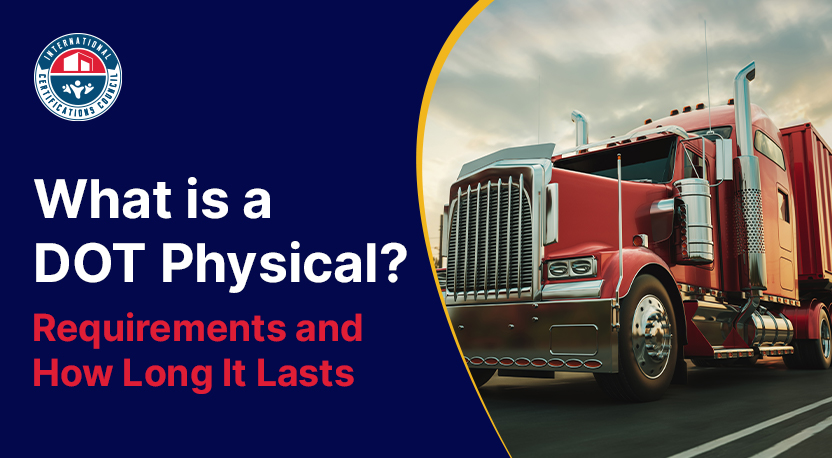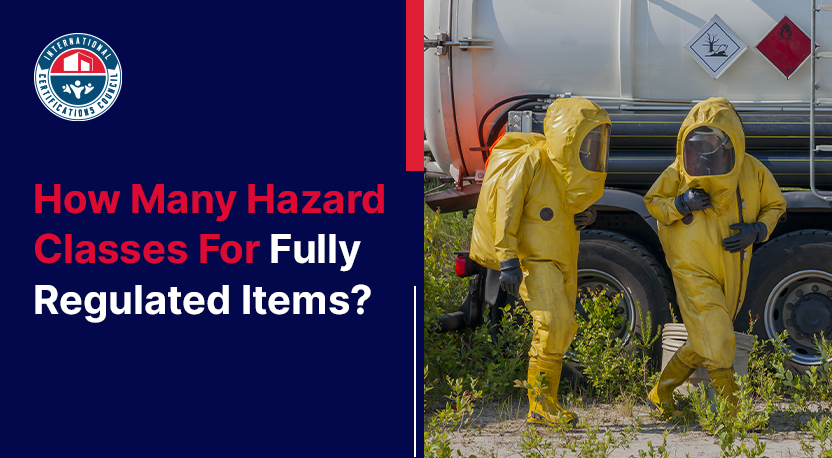Understanding DOT Refusal Determinations
DOT refusal determinations stem from specific regulatory criteria outlined in 49 CFR § 40.191. These federal regulations define precise circumstances that constitute a refusal to test, but many determinations result from misunderstandings or procedural errors rather than actual refusal behavior.What Constitutes a Refusal Under DOT Regulations
The Department of Transportation recognizes eight primary refusal categories:- Failure to Appear - Not showing up for a scheduled test within a reasonable time after being directed
- Leaving the Collection Site - Departing before the testing process is complete without authorization
- Failure to Provide Sufficient Specimen - Not providing adequate urine or breath sample without valid medical explanation (shy bladder/shy lung)
- Failure to Permit Observation - Refusing to allow direct observation during specimen collection when required
- Failure to Take Second Test - Not submitting to a required follow-up or split specimen test when directed
- Failure to Undergo Medical Evaluation - Refusing medical examination when insufficient specimen provision requires evaluation
- Adulterating or Substituting Specimen - Tampering with the sample or admitting to adulteration/substitution
- Failure to Cooperate - Obstructing the testing process, including refusing to empty pockets, using prosthetic devices, or not following collector instructions
Your Legal Rights When Facing a Refusal
Understanding these rights forms the foundation of successful refusal challenges and career protection strategies.The 72-Hour Split Specimen Rule
The 72-hour deadline begins when the Medical Review Officer officially notifies you of verified positive results or refusal determinations due to adulteration or substitution. Requests can be verbal or written, with no complex forms required. Critical timing considerations:- Weekend and holiday notifications don't extend deadlines
- Employer payment obligations ensure timely processing
- Late requests require documented valid reasons for MRO consideration
Medical Documentation Rights
You possess extensive rights to submit medical documentation explaining test results. Legitimate prescription medications, medical conditions, and treatment documentation provide powerful challenge tools when properly presented to Medical Review Officers. Advanced testing methods like Gas Chromatography-Mass Spectrometry (GC-MS) or High-Performance Liquid Chromatography (HPLC) can confirm or refute initial findings.Chain of Custody Challenge Rights
Chain of custody violations include:
- Improper sample labeling or identification
- Temperature control failures during transport
- Unauthorized personnel handling specimens
- Missing signatures or documentation gaps
- Timing violations in processing procedures
Step-by-Step Process to Fight a Refusal
Success depends on following established procedures while building comprehensive evidence supporting your challenge.Immediate Action Steps (First 72 Hours)
Document everything immediately. Create written accounts of all testing circumstances, including personnel names, times, locations, and any unusual occurrences.Request split specimen testing if your refusal involves adulteration or substitution allegations. Contact the Medical Review Officer verbally or in writing within 72 hours of notification to trigger this process.
Gather medical documentation for any prescription medications, supplements, or medical conditions that might explain test results. Contact your physicians for detailed treatment records and medication schedules.
Preserve evidence of legitimate reasons for any apparent non-compliance. Emergency situations, medical conditions, or procedural violations require immediate documentation.
Building Your Challenge Case
Analyze the specific refusal reason cited in your determination. Each refusal category has distinct regulatory requirements and challenge strategies. Understanding these differences guides your response approach.Review collection procedures for regulatory compliance violations. Collection sites must follow strict DOT protocols, and violations often invalidate entire determinations.
Compile witness statements from anyone present during testing procedures. Independent observations of collection site problems or emergency situations strengthen challenge cases significantly.
Medical evaluations become essential for shy bladder or medical condition-related refusals. Professional medical assessments often provide scientific evidence overturning improper determinations.
Medical Review Officer Challenges
Understanding MRO procedures and challenge rights provides additional avenues for fighting improper refusal determinations.Understanding MRO Authority and Limitations
MROs review laboratory results and evaluate medical explanations for positive findings. However, their determinations must follow strict regulatory procedures and can be challenged through proper channels. MRO responsibilities include:- Reviewing chain of custody documentation
- Evaluating medical explanations for test results
- Conducting confidential employee interviews
- Determining result verification accuracy
- Authority over employer-determined refusals
- Ability to override clear regulatory violations
- Jurisdiction over procedural compliance issues
Challenging MRO Determinations
Present comprehensive medical documentation explaining any factors affecting your test results. Include prescription records, dosage information, treatment timelines, and physician statements supporting your case.Request detailed result explanations from the MRO regarding their determination process. Understanding their reasoning helps identify potential challenge points and procedural errors.
Document all MRO communications throughout the challenge process. These records become essential evidence if formal appeals or legal action become necessary.
Employer-Determined Refusal Reversals
Employers possess significant authority to reverse refusal determinations when circumstances don't meet actual refusal criteria. Understanding this process provides powerful challenge opportunities that many transportation workers never explore.When Employers Can Reverse Refusals
Collection site closures that prevent test completion don't constitute legitimate refusals. If the facility closes before you can complete shy bladder procedures or provide required specimens, employers can classify these as canceled tests rather than refusals.Documented emergencies provide grounds for refusal reversals when properly substantiated. Family medical crises, personal emergencies, or legitimate urgent situations often justify test site departures that initially appear as refusals.
Procedural violations by collection sites create employer obligations to review refusal determinations. When facilities fail to follow proper procedures, employers should cancel tests rather than impose refusal consequences.
Requesting Employer Review
Submit formal appeals through your company's established procedures. Most transportation employers maintain formal processes for challenging refusal determinations, though many workers never learn about these options.Provide comprehensive documentation supporting your position. Emergency medical records, police reports, witness statements, and timeline documentation strengthen employer review requests significantly.
Work with union representatives if applicable. Collective bargaining agreements often provide additional challenge procedures and worker protections beyond basic regulatory requirements.
Documentation and Evidence Requirements
Successful refusal challenges depend entirely on comprehensive documentation and evidence compilation. Courts and administrative bodies require specific evidence types to overturn determinations and restore your career.Essential Documentation Categories
Medical records form the foundation of many successful challenges. Prescription documentation, treatment records, dosage schedules, and physician statements provide scientific evidence supporting your position.Timeline documentation establishes factual sequences of events. Detailed records of notification times, travel circumstances, collection site procedures, and emergency situations create powerful challenge evidence.
Procedural compliance evidence reveals collection site violations. Chain of custody forms, temperature readings, facility procedures, and personnel certifications often contain errors supporting successful challenges.
Communication records document all interactions with employers, MROs, and collection sites. Email chains, phone logs, and written correspondence provide essential evidence of procedural compliance or violations.
Professional Evidence Compilation
Legal documentation standards require specific formatting and presentation. Professional legal assistance ensures evidence meets administrative and court requirements for successful challenges.Expert witness preparation strengthens complex challenges involving medical conditions or procedural violations. Professional testimony from physicians, laboratory experts, or regulatory specialists provides powerful supporting evidence.
Regulatory compliance analysis identifies specific violations supporting your challenge. A professional review of DOT regulations and their application to your circumstances reveals technical challenge opportunities.
FAQs
Can I challenge a DOT drug test refusal determination?Yes, you can challenge DOT refusal determinations through multiple procedures, including split specimen testing, Medical Review Officer appeals, and employer review processes within specific timeframes.
How long do I have to request a split specimen test?
You have exactly 72 hours from MRO notification to request split specimen testing for adulteration or substitution refusals, with requests accepted verbally or in writing.
What documentation do I need to fight a refusal?
Essential documentation includes medical records, prescription information, timeline accounts, emergency documentation, collection site procedure records, and all communications with testing personnel.
More Useful Links:
DOT Supervisor Training

